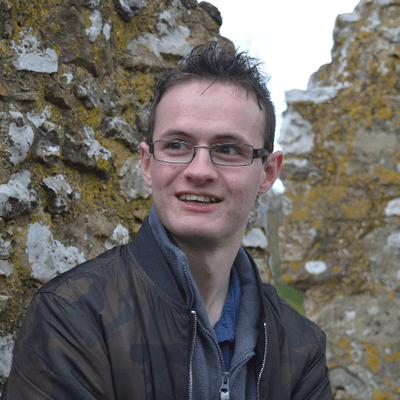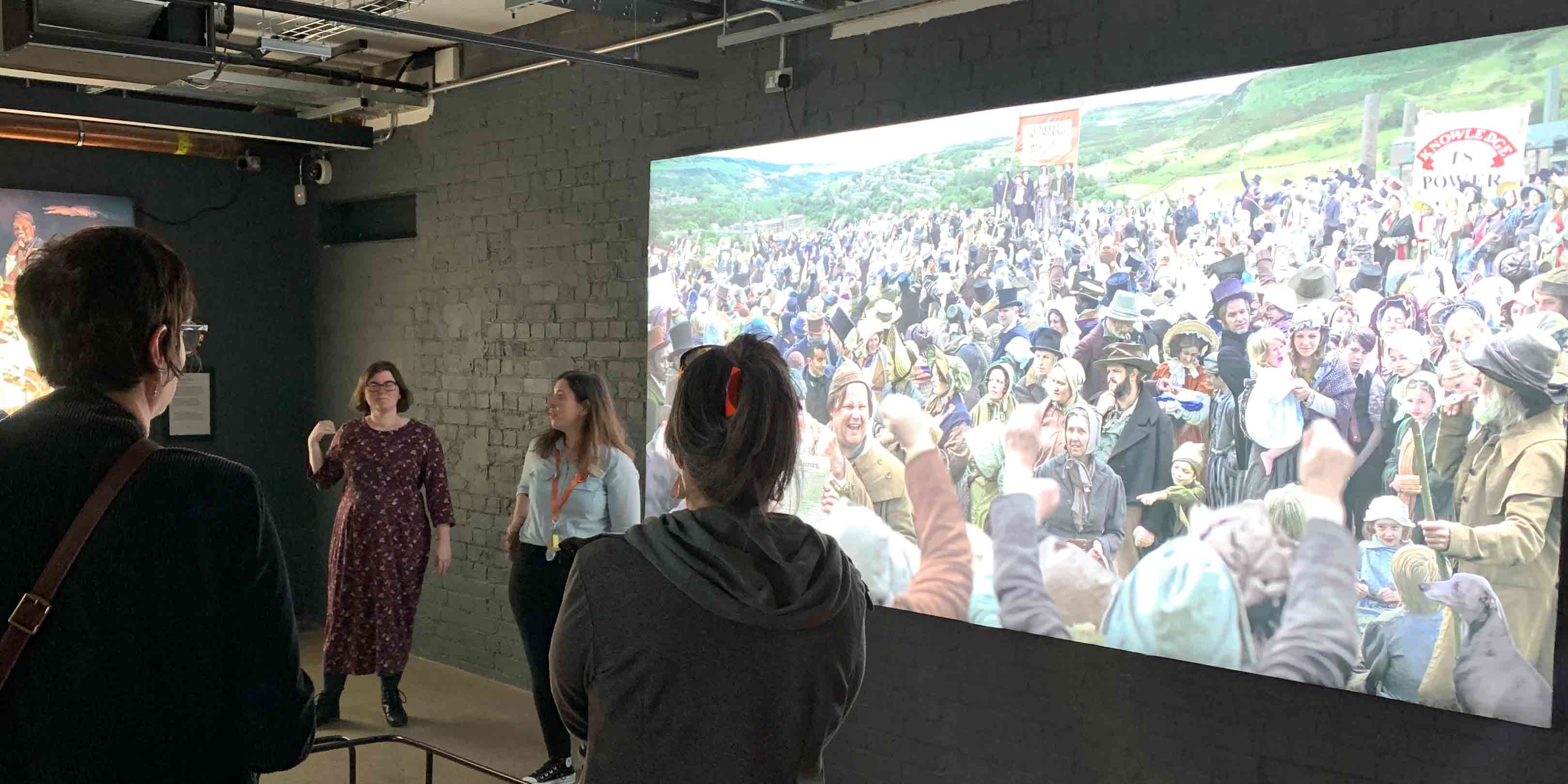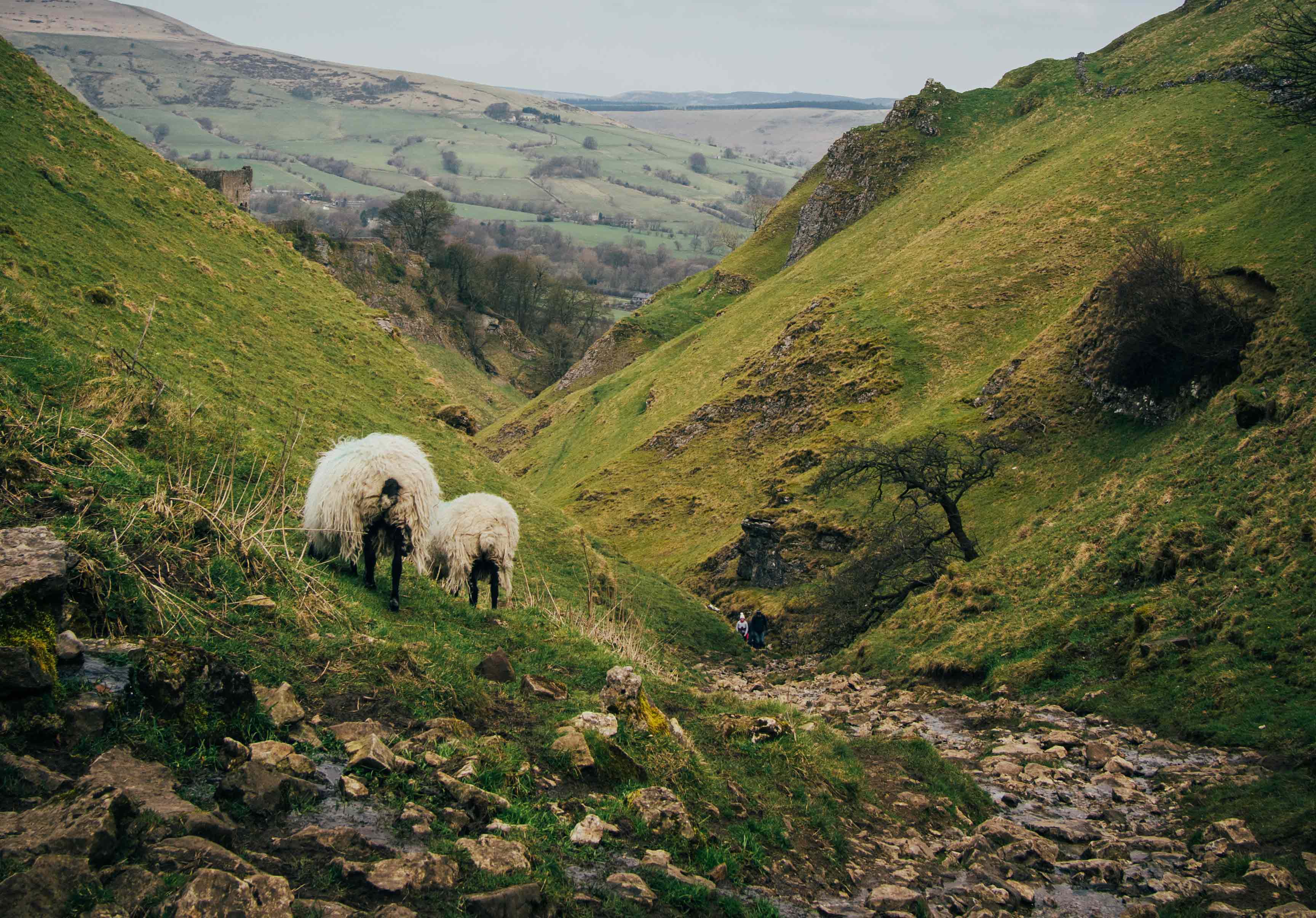History and climate change
Climate change is one of the biggest challenges in our contemporary world.
History allows us to make sense of these issues in our present.
Some of you may be wondering if these two statements correlate. How can history help us make sense of our contemporary issues? Surely the debate on climate is a purely scientific discussion, what can history do?
That was the central question of a recent Fulbright scholarship, which welcomed Donna Graves to the Department of History and gave myself, Liam Redfern and Louise Rodwell the opportunity to develop our skills as researchers.
The humanities and climate
For the past five years I have been researching how society uses the past (in particular how Colchester used its Civil War past to make arguments and understand the world from 1748-1920, but that’s another story) and the Fulbright project has allowed me to put this into practice. History can indeed help us make sense of the climate crisis. Sadly, the humanities have often been overlooked as we attempt to fight climate change and engage with local communities over the issues. In fact, history may be the way that we make these issues accessible for communities.
History should be used. It teaches us about sustainability, it tells us about how carbon industries have developed, and it provides an insight into how communities have dealt with crises in the past. In fact, history is crucial to our understanding of the contemporary issues we face.
The Fulbright project
The Fulbright team at Essex traced and examined local heritage sites in and around the county of Essex to explore the stories that they tell; and many demonstrate histories about sustainability and the impact that climate change has brought to communities.
Let us take Bourne Mill as an example. An historic site which has been around for centuries can tell us a variety of stories; about key local individuals and about the local industries that were so important to the town’s economy. But alongside this, other useable histories are evident. The mill was powered by water and produced industrial level material for trade across Europe. Through this site we can see how England moved away from sustainable manufacturing to carbon industries by the nineteenth century.
Stories around us
Through our local heritage we can engage with different communities, locally, nationally and internationally and present the story which can be accessed by all age groups. History is a key to unlock people’s understanding of our contemporary world and we need to be using it more.
We can find climate stories all around us, in the geographical and urban landscapes in our own communities. We can find these stories in archives, in diaries and scrapbooks. They all point us to the questions that have been raised today. What we need is historians and heritage sites to engage with these questions!
The idea of the useable past does not just relate to issues of climate. It can be used in our political and social debates; it can be used to help us understand foreign relations and economic development, but the idea that the past can be used to help explain and explore climate has only just started to develop and hopefully more historians will engage with it.
Essex is a university which explores this and whether you are interested in coming to university to study history at undergraduate or postgraduate level and are interested in issues of climate, heritage, urban development, then Essex is the place for you!




